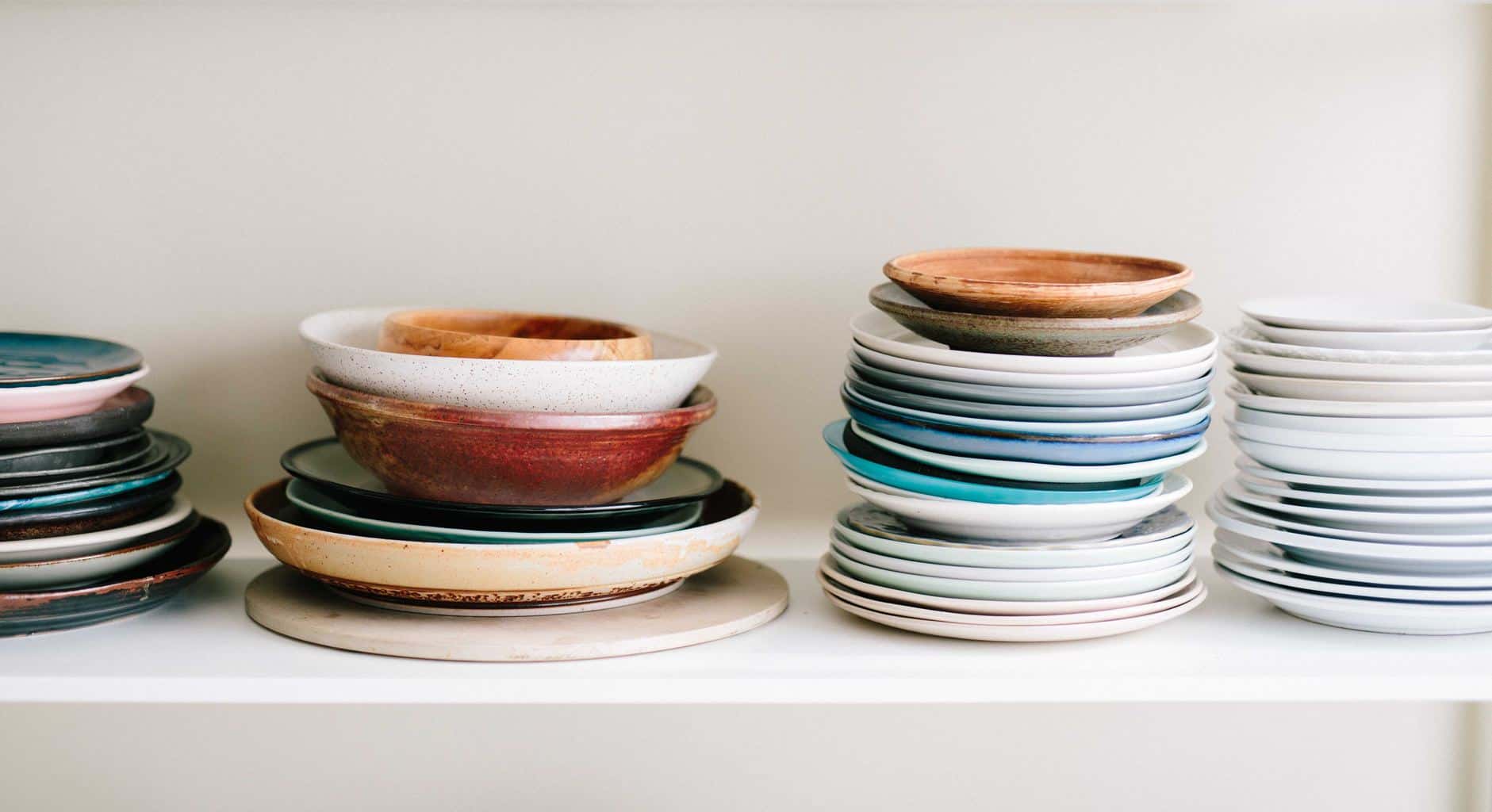It is Easter Sunday and I am standing at the sink washing dishes as I tell you this. For me, doing the dishes often induces a natural state of reverie, like staring into a fire. But Candi, my wife, she has a more pragmatic reason for asking me to do the dishes. At least I have a theory about that.
I am doing the dishes because it’s what she instinctively asks me to do whenever she feels threatened by the distance that has opened up between us.
She’s no fool. She believes these domestic chores will reconnect me to our house, our family life, and our marriage. It’s the kind of intuitive, female knowledge that no “how-to” book would dare to explain.
I have a method for doing the dishes. I begin with the largest plates, wash them, rinse them under the hot water, let them drip for a moment, and then stack them like toy soldiers, one behind the other in the metal dish rack. Next come the smaller plates, then the bowls, then the cups, and lastly, the knives and forks.
Right now, I’m recalling an old picture-book I read and re-read as a child that attempted to teach the laws of gravity to ten-year-olds. I can clearly remember the image of a slim man standing in an open elevator, with the shaft exposed for the viewer, above which, a giant pair of scissors loomed, ready to flex.
“And…,” the book read, “…if we should cut the cord, dot-dot-dot.”
The next page showed the hapless man falling through air, his white shirt billowing, and his black tie pointing straight up as the elevator plummeted downwards to certain destruction. Such are the immutable laws of physics.
But the laws of faith offer far more latitude, though their stakes may be equally uncompromising. One can lose faith, come to faith, or even lack faith, but you can be sure the heavenly lawgiver will be far more flexible and forgiving than the authority that presides over falling elevators.
Like my wife and daughter, I, too, went to church this morning—though I didn’t tell them I was going. I sat six or seven pews behind them, just watching the back of my daughter’s head.
Her chestnut hair was shiny and freshly brushed. A red barrette gathered a small ponytail that swayed a little as she moved; and I saw that like me, she too, was in an in-between place. I just wished I could spare her the pain that I knew was coming her way.
I never thought I would arrive here, at this sad and grown-up place. I recall asking a friend of mine who is also in the process of divorcing his wife: ‘Why…what is it about her that’s so bad?’
He looked me in the eye and said, “It’s not about her, Vic, it’s about me. It’s about who I’m becoming that I don’t like.”
When it comes to the ties that bind us, I know of no roadmaps to follow. They say the Magi journeyed to Bethlehem by following a star. All I know is that when you cannot get happy, when you do not know the right road to take, and when you’ve lost all sense of direction, there is nothing left to do but navigate by stars.
Perhaps, if you’re lucky, you’ll pass through your darkest night and come out the other side, shedding the tattered cloth of your old self and singing the notes of a new song.
Or, you may just end up like me, doing the dishes and watching shapes of another world that you can see but cannot touch, reflecting back at you from the gleaming dish or shimmering glass that you hold in your hand.
Someday soon, something is going to come along and cut the cord that is holding me in place tonight. After that, nothing I know will be the same. Nothing I know will offer the reassurance of these dishes, stacking up one after the other, drying in the familiar warmth of the kitchen light.
Mark Russell Gelade is past winner of the World’s Best Short-Short Story Contest, judged by Robert Olen Butler. His short-short stories have appeared in Narrative Magazine and Synchronized Chaos. He lives in San Francisco with his wife. More about Mark: http://markrussellgelade.com/fiction/
image courtesy of Brooke Lark via unsplash
Submit your flash fiction to Fiction Attic Press.
Buy our flash fiction anthology: Flash in the Attic: 44 Very Short Stories
